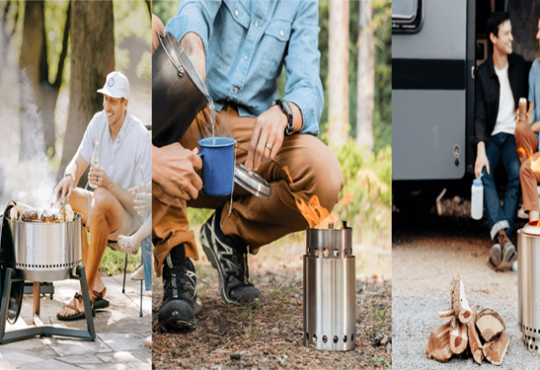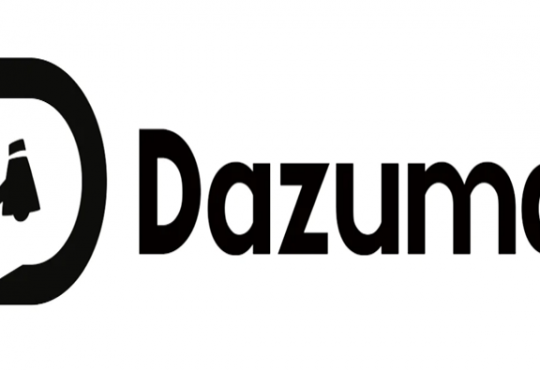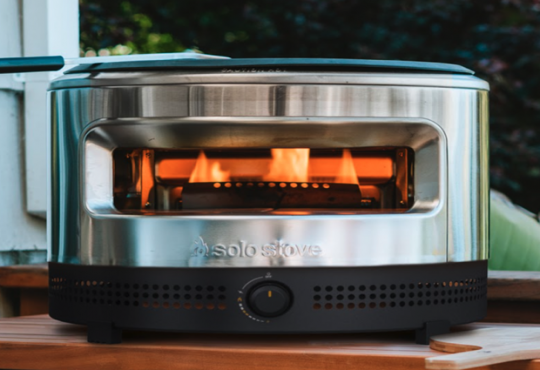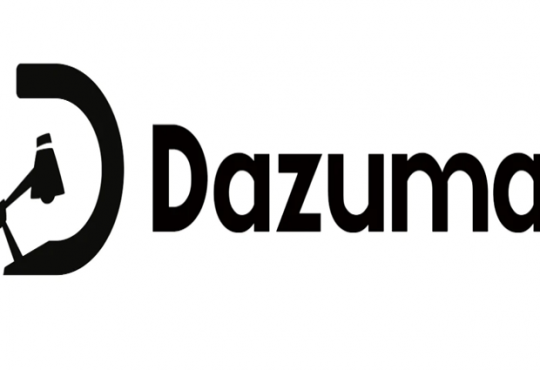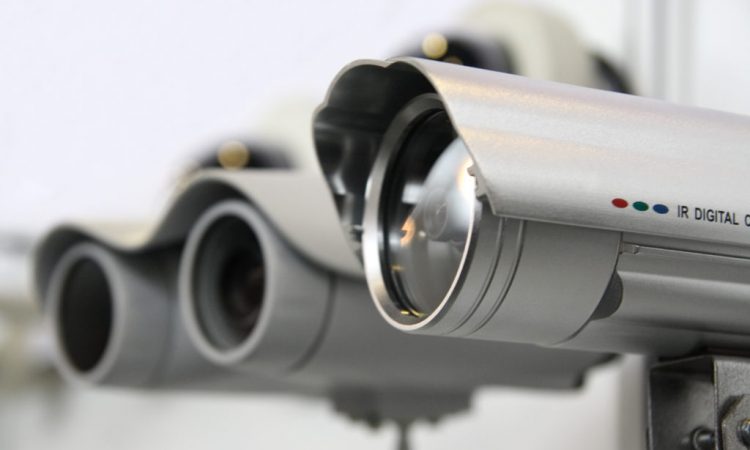
Having your security cameras hack isn’t something you want to happen. Not only will you lose your footage, but you could be putting yourself and also your family at risk as well.
A lot of hackers find ways to get into security cameras by finding vulnerabilities in their systems and software. The good news is that there are steps you can take to prevent hackers from getting into your system.
Change the Default Passwords
One of the easiest ways to prevent your camera from being vulnerable to hacking attacks is to change its default password. Often, cameras come with default passwords that are very easy to guess.
These passwords may be use by hackers who want to access your cameras’ video feeds, steal your personal data, or even cause damage to your property.
Local Attack or Remotely
The first way a hacker can gain access to your cameras is by accessing the wireless network they are connect to. This can happen as a local attack or remotely.
Depending on the device, this can be done by either guessing your security passphrase using brute force or by spoofing the wireless network and also jamming it.
A more serious way for hackers to gain access is to find a device that is in range of your camera’s WiFi network. Once on the network, they can easily access your camera’s video feed without you even knowing it.
Set Up Two-Factor Authentication
One of the most effective ways to prevent your security cameras from being vulnerable to hacking attacks is by setting up two-factor authentication for more updates visit our Reolink Discount Code. This type of authentication ensures that users are able to log in only after entering a second password or passcode.
The first step in implementing this method is to take a look at all the assets, applications and also services your organization uses. Next, you should shortlist those that are likely to be target by hackers.
User Experience
In addition, you should set up adaptive authentication to grant access based on factors such as time and location. This is a great way to increase security while maintaining user experience.
In addition to the two-factor authentication method, it is important to update your firmware regularly. This will keep your cameras protected from hacking and also allow you to use the latest features.
Keep Your Firmware Updated
One of the best ways to keep your security cameras safe is to keep them updated. The firmware on your camera is like the software that runs your computer, and also it needs to be kept up-to-date to protect them from hacking attacks.
Fortunately, manufacturers release new firmware for their devices regularly. These often contain critical security and bug fixes that make your surveillance system much more secure.
As a result, it’s a good idea to download and also install the latest updates whenever they come out.
Bugs & Glitches
Firmware updates also tend to fix bugs and glitches that arise as your devices age, boosting their performance and helping them work better for longer.
If you don’t keep your firmware up-to-date, you can end up with a device that works poorly or breaks down completely. That can be expensive to repair and frustrating for users.
Don’t Share Your Surveillance Videos Online
Surveillance cameras have long been a vital part of our society, preventing crimes and helping law enforcement identify criminals. But now that cyber-attacks have become so sophisticated, security cameras are a prime target for hackers who can alter or steal data.
Hackers can easily break into a camera network and also access information about the cameras and their users. They can also use the network to gain remote access and also modify settings.
The best way to prevent hackers from gaining access to your surveillance videos is not to share them online. Unless you have an emergency, or a law enforcement agency requires you to do so, it is generally not a good idea to do so.
Final Words:
If you do share your video, you should make sure it is encrypt and password-protected. Then, you should only share it with those who need to see it.




